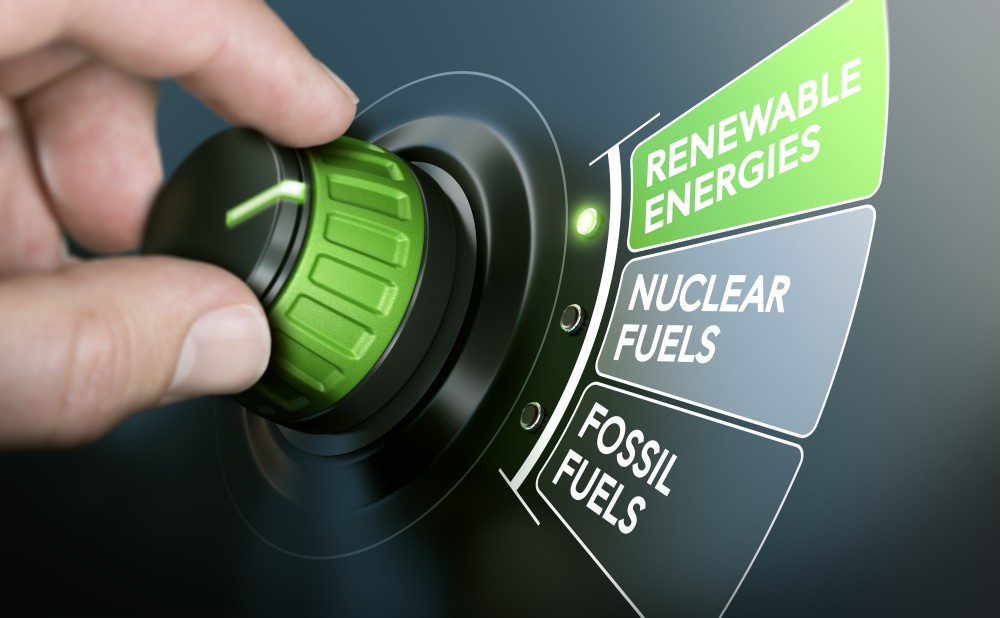Colt Technology Services has published new research featured in its latest annual Digital Infrastructure Report – now in its fifth year - surveying 1500 CIOs across ten countries in the Americas, Asia, Europe and the Middle East. The research finds just 18% of UK businesses surveyed have a multi-year plan to minimise their environmental impact, compared with more than twice as many in the Netherlands (42%) and Hong Kong (41%). Most countries surveyed, however, are still in the early stages of sustainability planning, with 39% about to embark on a multi-year plan.
The research reveals that the responsibility for organisations’ environmental strategies is now likely to sit with CIOs with 71% of those surveyed either having direct roles in shaping sustainability strategies or owning them entirely. This ownership is influencing technology buying decisions: 38% say environmental impact and governance drive all strategic digital infrastructure decisions, rising to 60% in Belgium, 52% in the Netherlands and 50% in Hong Kong.
The findings come as technologies such as AI are under increasing scrutiny for their impact on businesses’ ESG initiatives. In the study, 42% of respondents highlight the positive contribution AI technologies make towards achieving environmental impacts and governance strategies. More than one in five (22%) go a step further and say AI facilitates these strategies, increasing to 36% in Hong Kong, 32% in the Netherlands and 29% in the US, dropping to 13% in Italy. The CIOs surveyed cite AI’s positive influence in use cases such as investing in greater network security (cited by 61%); processing more data at the network edge (58%); and using more Network as a Service (NaaS) capabilities (58%).
Buddy Bayer, Chief Operating Officer, Colt Technology Services, said, “To truly make a difference and reduce our impact on the environment takes more than a quick fix. It’s surprising that more than 80% of the UK businesses surveyed don’t have multi-year plans in place to drive sustainability, but I’m encouraged that they are now building their long-term sustainability journeys to drive real change. It’s also heartening to hear the positive contribution tech is making towards carbon reduction.” Buddy continued, “The Digital Infrastructure report holds a lens to the tech industry. It’s become an invaluable source of truth and this year’s is the most profound and insightful we’ve ever published”.
More key findings include:
• 21% of the IT leaders questioned struggle to demonstrate the benefits or prove the ROI of their environmental impact and governance strategy; 20% face a lack of executive commitment and 19% are constrained by budgets
• Businesses are still inhibited by legacy technology: 19% find legacy technology is a barrier to progressing environmental and governance goals around their infrastructure; by country, Luxembourg (26%) and Germany (24%) are most likely to be held back by legacy tech
• When asked to cite which technologies were most impactful in achieving carbon reduction goals, 83% highlighted the retirement of legacy technologies
• 83% respondents mentioned ‘temporal optimisation’, e.g. conducting software updates out of working hours to make better use of energy; 82% cited Zero Trust; 81% cited NaaS and 81% cited smart office technologies as having the biggest impact on meeting carbon reduction goals
• 81% cited NaaS and 81% cited smart office technologies as having an impact on meeting carbon reduction goals
• The adoption of end to end intelligent infrastructure has grown to 40% in 2024, compared to 34% in 2023, comprising features such as on-demand connectivity, self-healing networks and traditional or generative AI
Earlier this year Colt published its third Sustainability Report. The report tracks progress for Colt Group - comprising Colt Technology Services and Colt Data Centre Services – against targets in the areas of Environmental, Social and Governance (ESG), and against longer-term targets to net zero. Colt has secured the highest EcoVadis rating for the second consecutive year; and achieved ‘A-‘ and ‘A’ CDP (Carbon Disclosure Project) ratings for sustainability and supplier engagement.




